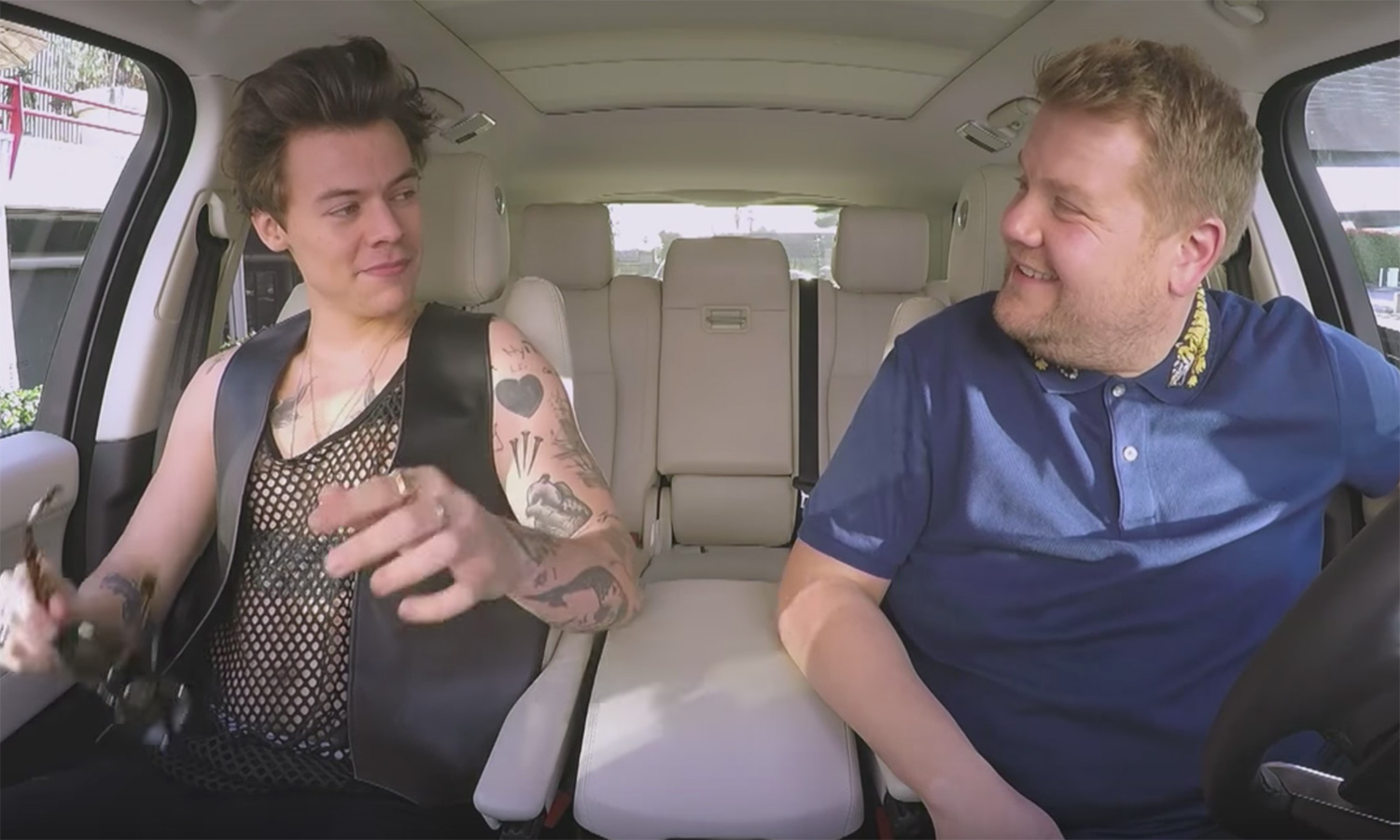When it comes to explicit content in music, “clean” and “dirty” can be subjective. What one person considers to be objectionable language could be seen as totally harmless by another. Some of us think “WAP” is hilarious, while others clutch their pearls over it.
Nevertheless, a new report by All Home Connections seeks to crown the cleanest and dirtiest musicians by identifying the top 10 recording artists who swear the most and the 10 who swear the least in their songs. The digital services provider looked at the top 200 songs from the past year on Spotify to determine the most popular recording artists. From there, they removed repeat artists and compiled a list of artists that had been in the top 200 for the past year at least 100 times. Once they determined their list of artists, they used Genius to scrape all of their lyrics and used the word count and number of curse words present in each song to determine the percentage of swears in each artist’s lyrics.
Using that methodology, they found that Harry Styles is the cleanest, having never sworn at all in his music. DaBaby is the dirtiest, with a 4.5% swearing percentage and 2,912 curse words. Other potty-mouthed artists in the top 10 include Megan Thee Stallion, Juice WRLD, Future, XXX Tentacion, J. Cole, Lil Uzi Vert, Doja Cat, Roddy Rich and Lil Baby. Meanwhile, the top 10 cleanest list is rounded out by Dan + Shay, Taylor Swift, Justin Bieber, Lewis Capaldi, Ariana Grande, Billie Eilish, Luke Combs, Dua Lipa and Travis Scott.
But can we really gauge how “clean” a song is based solely on how much profanity it uses? Styles may not swear, but his hit song “Watermelon Sugar” is about oral sex. And Ariana Grande, who came in at No. 6 on the “clean” list with just 273 total curse words in her work, relies heavily on innuendo in several of her songs, like “Side to Side” and “34+35.” (The latter, of course, relies on the titular addition problem, but just in case it went over anyone’s head, Grande clarifies by the end of the song, saying, “Means I want to 69 with you.”) It’s a whole song about a specific sex act, but on its own, the number 69 isn’t a swear, so it wasn’t flagged by the study as “dirty.”
Perhaps this is just further proof that we should all just listen to whatever we’re comfortable listening to and not try to force artists into any kind of puritanical boxes. Labelling certain material “clean” and others “dirty” is an impossible task; most art is more nuanced than those black-and-white descriptors would indicate.
Thanks for reading InsideHook. Sign up for our daily newsletter and be in the know.

















